Results
-
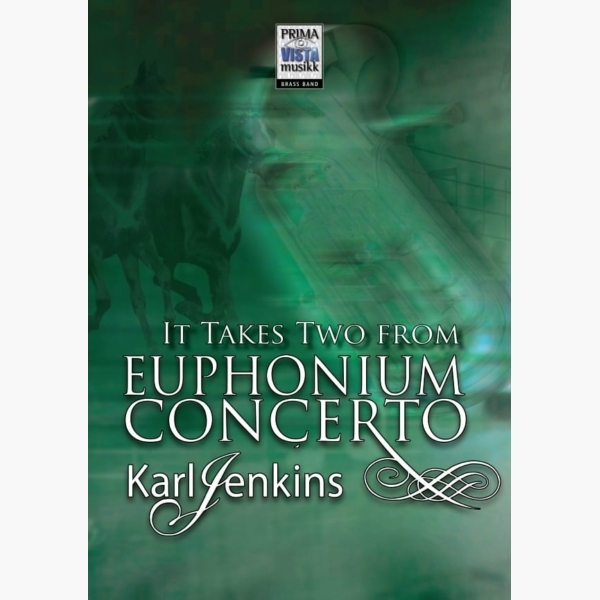 £34.95
£34.95"It Takes Two" from Euphonium Concerto - Karl Jenkins
It Takes Two is taken from Karl Jenkins' Euphonium Concerto, an extended work given its world premiere by euphonium soloist David Childs and the BBC Concert Orchestra conducted by Owain Arwel Hughes in St. David's Hall, Cardiff during the last...
Estimated dispatch 5-7 working days
-
 £34.95
£34.95"Romanza" from Euphonium Concerto - Karl Jenkins
Romanza is taken from Karl Jenkins' Euphonium Concerto, an extended work given its world premiere by euphonium soloist David Childs and the BBC Concert Orchestra conducted by Owain Arwel Hughes in St. David's Hall, Cardiff during the last night of...
Estimated dispatch 5-7 working days
-
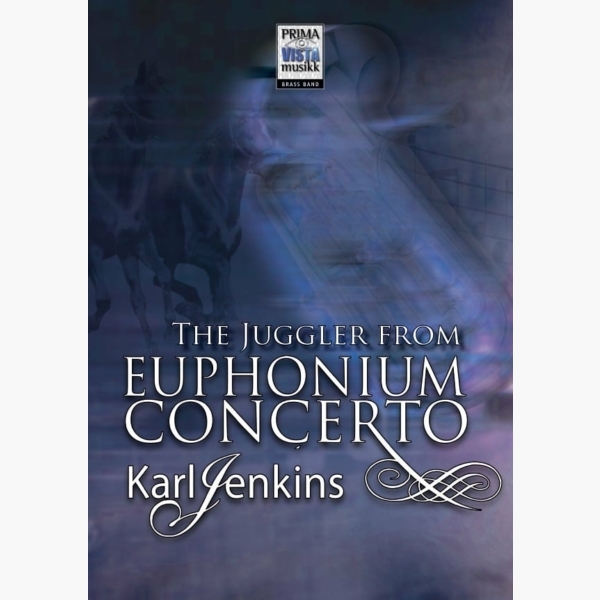 £34.95
£34.95"The Juggler" from Euphonium Concerto - Karl Jenkins
The Juggler is taken from Karl Jenkins' Euphonium Concerto, an extended work given its world premiere by euphonium soloist David Childs and the BBC Concert Orchestra conducted by Owain Arwel Hughes in St. David's Hall, Cardiff during the last night...
Estimated dispatch 5-7 working days
-
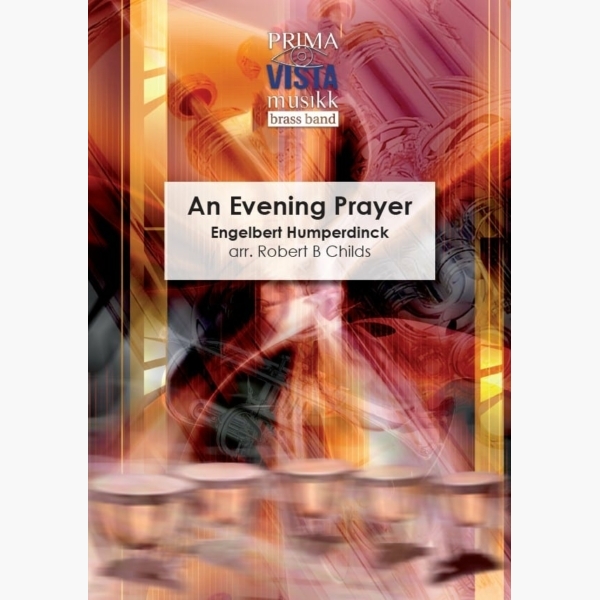 £24.95
£24.95An Evening Prayer (from Hansel and Gretel) - Engelbert Humperdinck - Robert Childs
'An Evening Prayer' is from Act II of Humperdink's fairy opera Hansel and Gretel. The libretto, written by Humperdinck's sister Adelheid Wette, is based on the Grimms' Hansel and Gretel. The scene is set in a scary forest at night...
Estimated dispatch 5-7 working days
-
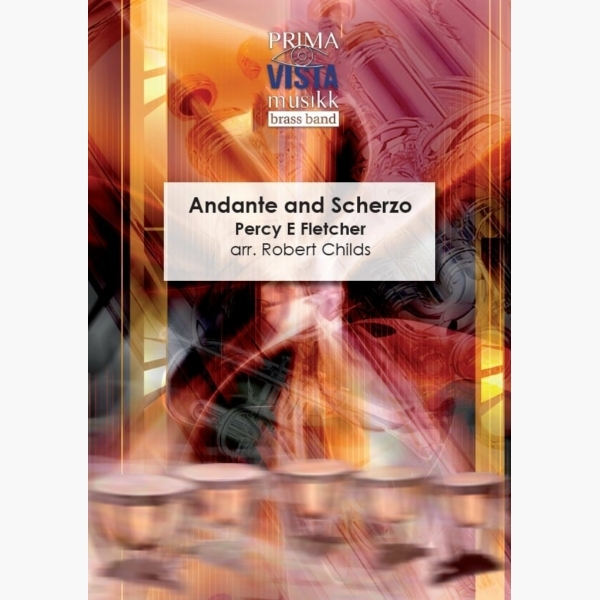 £24.95
£24.95Andante and Scherzo - Percy E Fletcher - Robert Childs
Percy Eastman Fletcher (12 December 1879 - 10 December 1932) was a British composer, known primarily in the brass fraternity for his tone poem, Labour and Love - the first original composition for brass band to be used at the...
Estimated dispatch 5-7 working days
-
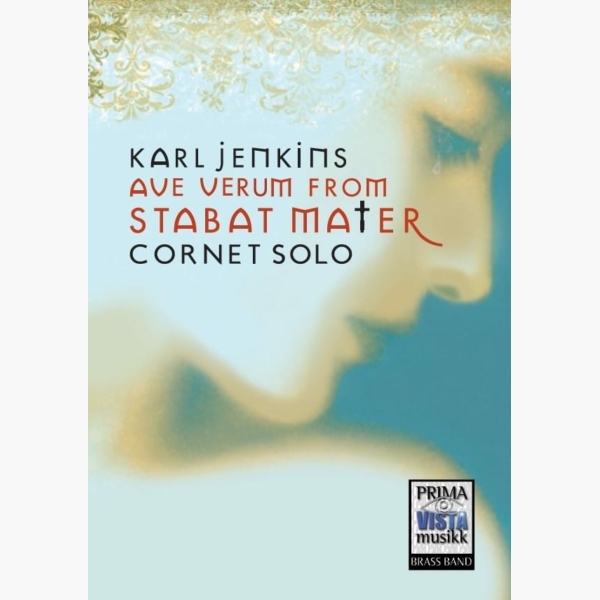 £24.95
£24.95Ave Verum from Stabat Mater - Karl Jenkins - Andrew Wainwright / Robert Childs
The World premiere performance of Karl Jenkins' Stabat Mater took place on March 15th 2008 in Liverpool's Anglican Cathedral performed by the Royal Liverpool Philharmonic Orchestra and Choir conducted by the composer. Stabat Mater is a 13th-century Roman Catholic poem...
Estimated dispatch 5-7 working days
-
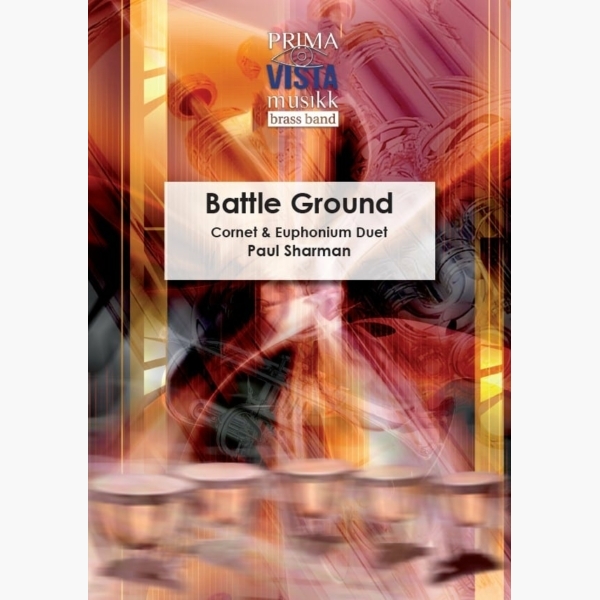 £24.95
£24.95Battle Ground - Paul Sharman
This duet was written for Hendon Salvation Army band's annual Hendon Highlights concert, held at the Cadogan Hall in London. The soloists on that occasion were Philip Cobb and David Childs. A Salvation Army song entitled 'God's Soldier' provides the...
Estimated dispatch 5-7 working days
-
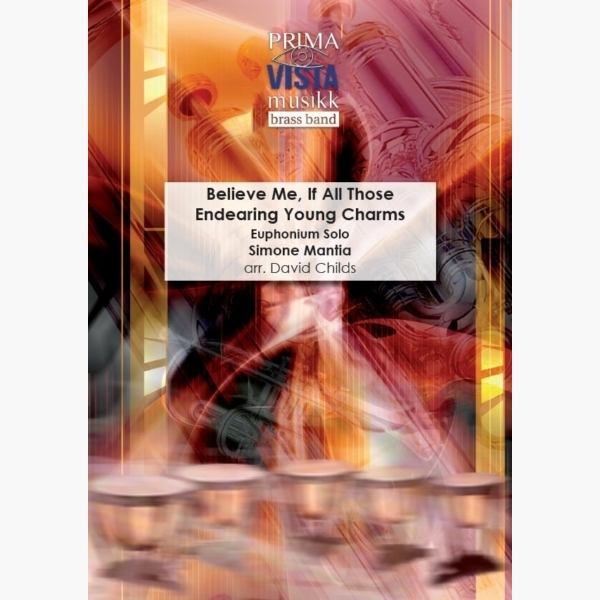 £24.95
£24.95Believe Me, If All Those Endearing Young Charms - Simone Mantia - David Childs
The tune and lyrics of most folk songs we are familiar with today are usually the collaboration of several composers and lyricists over, what can sometimes be hundreds of years. Endearing Young Charms is no exception to this rule with...
Estimated dispatch 5-7 working days
-
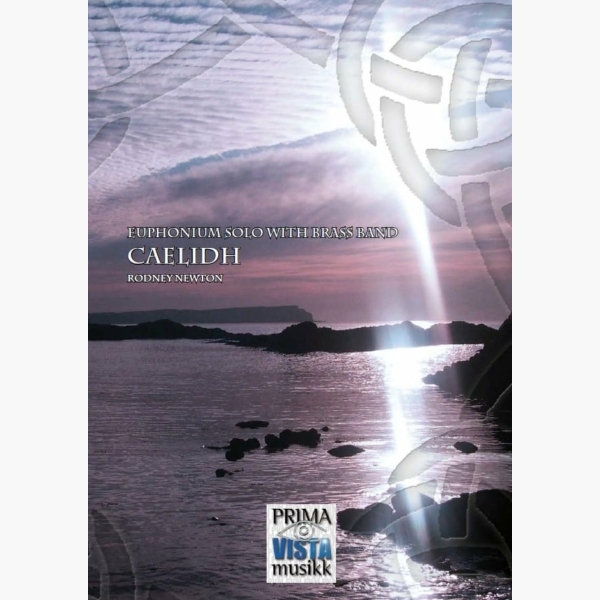 £24.95
£24.95Caelidh - Rodney Newton
Caelidh was commissioned by Robert and Lorraine Childs and given to their son David as an eighteenth birthday present. Composed by Rodney Newton in 1999 it was first performed by David with Brighouse and Rastrick Band in Huddersfield Town Hall...
Estimated dispatch 5-7 working days
-
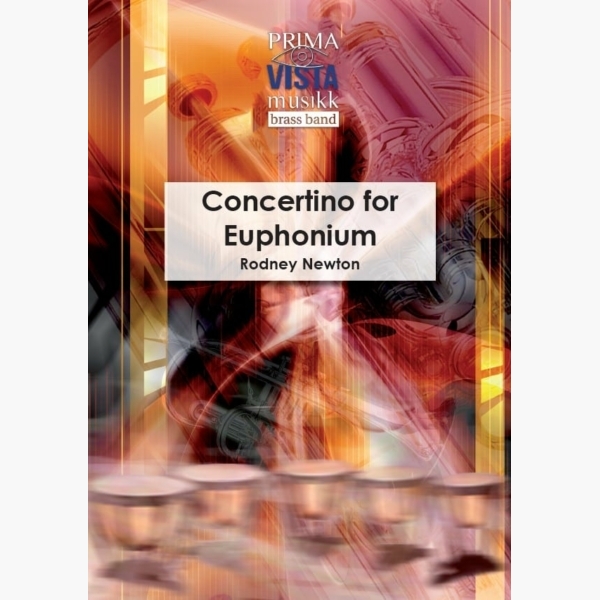 £49.95
£49.95Concertino for Euphonium - Rodney Newton
Concertino for solo euphonium and brass band was written in August 2004 for Robert Childs. The work is of a light nature and is in four movements, the last two joined by a cadenza for the solo euphonium. The first...
Estimated dispatch 5-7 working days
